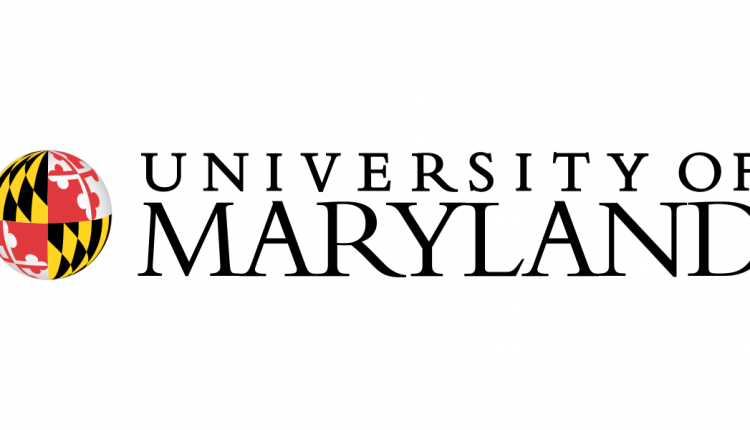University of Maryland: Study Shows Mandatory Food Safety Guidelines Needed to Protect Public Health
Voluntary food safety measures in the produce supply chain failed to reduce foodborne illness outbreaks and had a limited effect on food safety recalls, according to new University of Maryland research.
The study published last month in American Journal of Agricultural Economics suggests that mandatory government safety protocols are necessary to safeguard public health.
There are so many different entities handling the food in the supply chain that it’s very difficult to track the introduction of pathogens, said Erik Lichtenberg, a professor in the UMD Department of Agricultural and Resource Economics and the senior co-author of the paper.
“If you can’t identify whose actions were at fault for a given foodborne illness or recall, no one entity in the supply chain really has any incentive to make sure things are safe,” he said. “And in fact, our paper found that when growers voluntarily adopt safety standards, it does not lead to a safer food supply.”
The complexity of the produce supply chain is partly responsible for the challenges of safeguarding food through voluntary protocols. Produce is often aggregated from many different growers and passes through many hands before arriving in the grocery store. That makes tracing a foodborne pathogen to specific entities along the supply chain extremely difficult.
In the 1990s and early 2000s, foodborne illness outbreaks led Congress to pass the Food Safety Modernization Act of 2011, which allowed the Food and Drug Administration to mandate safety protocols along the food supply chain. But by the time mandatory food safety rules were established in 2015, some grower associations and trade groups were already adopting voluntary measures to improve food safety.
Lichtenberg and his doctoral students and study co-authors Aaron Adalja Ph.D. ’17 and Elina Page Ph.D. ’16 wanted to know what motivated growers to adopt safety protocols and if those voluntary measures were working. They dug into the data to find out, combing through all FDA recall notices from 2004 to 2013 and linked the recalls to the commodity.
For example, if they saw a recall on spinach, they checked the organization representing spinach growers in that region to see what safety measures were adopted and when. The team then did the same thing with CDC data on foodborne illness outbreaks.
Their analysis revealed that only serious foodborne illness outbreaks resulting in hospitalizations moved the grower organizations to adopt safety measures. Strikingly, those measures had no impact on the number of subsequent outbreaks or recalls.
The researchers found some improvement in food safety when government-backed organizations voluntarily adopted food safety guidelines. In such cases there were fewer recalls for food contamination but no impact on the number of foodborne illness outbreaks.
“Laws like the Food Safety Modernization Act of 2011 and its Produce Safety Rule are needed because action in the industry alone has been generally insufficient to achieve significant food safety improvements,” said Adalja, now an assistant professor of food and beverage management at Cornell University.

